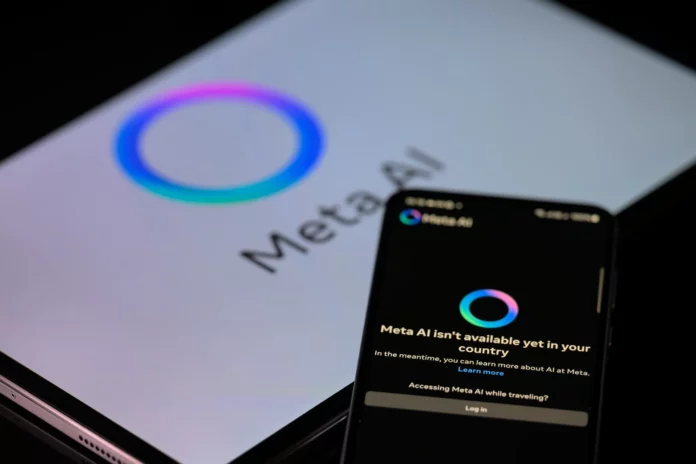Last year, Meta predicted that its generative AI products would generate $2 billion to $3 billion in revenue in 2025 and $460 billion to $1.4 trillion by 2035, according to court documents declassified on Wednesday.
The documents, filed by lawyers for book authors who are suing Meta for what they claim is unauthorized training of the company’s artificial intelligence on their works, do not specify what Meta considers an “AI generative product.” But it is well known that the tech giant is making money – and intends to make even more – from generative AI in various ways.
Meta has revenue-sharing agreements with some of the companies that host its open-source Llama model collection. The company recently launched an API for customizing and evaluating Llama models. And Meta AI, the company’s AI assistant, may eventually display ads and offer subscriptions with additional features, CEO Mark Zuckerberg said during Wednesday’s first-quarter earnings call.
Court documents also show that Meta is spending huge sums on its AI product groups.
In 2024, the company’s budget for GenAI was more than $900 million, and this year, according to the documents, it could exceed $1 billion. This does not include the infrastructure required to launch and train artificial intelligence models. Meta has previously stated that it plans to spend between $60 billion and $80 billion on capital expenditures in 2025, primarily on new large data centers.
These budgets could be higher if they included book licensing deals for authors suing Meta. For example, Meta discussed that it would spend more than $200 million in 2023 to acquire training data for Llama, of which about $100 million, according to documents, was to go to books alone. But the company allegedly decided to go the other way: to pirate e-books on a massive scale.
“Meta has developed transformative [open source] artificial intelligence models that drive incredible innovation, productivity, and creativity for individuals and companies. The fair use of copyrighted material is vital to this. We disagree with [the authors’] assertions, and the full record tells a different story. We will continue to vigorously defend ourselves and protect the development of generative AI for the benefit of all.”









